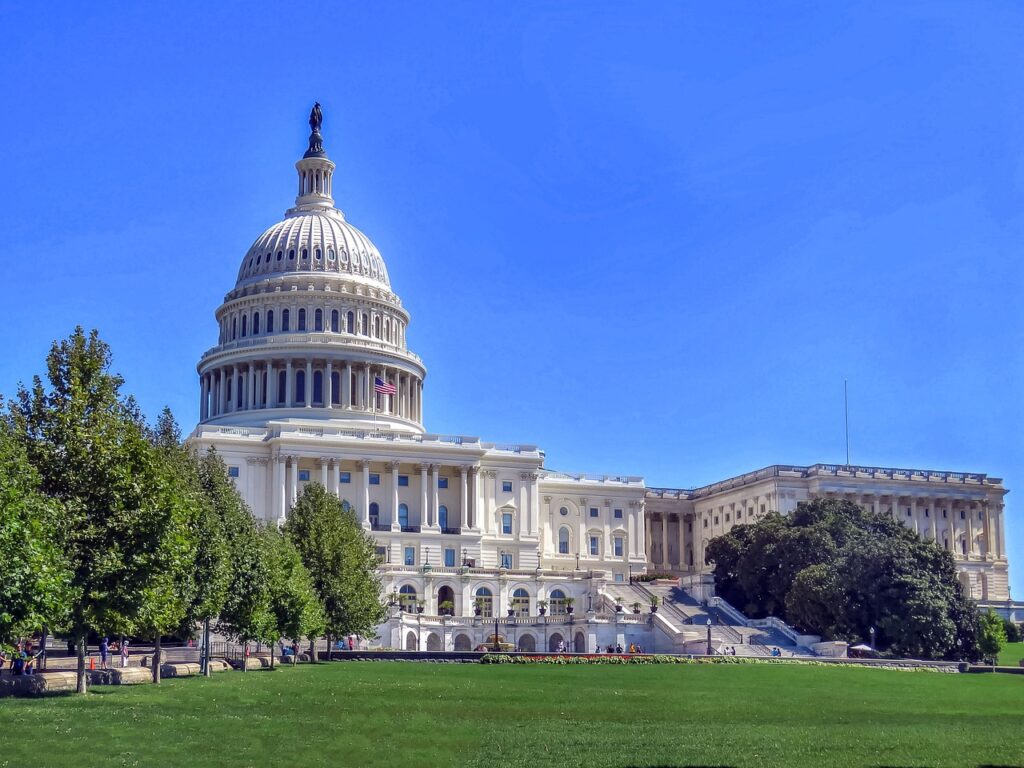schenck and baer were found guilty because of _.
No significant legal controversy is just about rules or penalties—it’s about why the law was deemed violated. When you read “schenck and baer were found guilty because of _.” you’re seeing more than a fillintheblank. You’re being asked to think: What evidence filled that blank? What specific acts crossed a defined line? For Schenck and Baer, the historical context was stark—they opposed the World War I draft by distributing leaflets, running into the teeth of the Espionage Act. Their true crime, according to the court: creating a “clear and present danger” by encouraging resistance to military conscription during wartime.
Not just “guilty”—but guilty because of words, context, and their actual effect.
Elements of Violating Laws
A law isn’t violated at random. Prosecutors have to build—and judges have to confirm—four steps:
- Existence of a law: The legal boundary must be on the books before it’s alleged to be broken.
- Defined act or omission: The accused did (or failed to do) something prohibited.
- Evidence: Reliable, reproducible proof ties the individual to the act.
- Causation: The act, not mere intention or association, produces the forbidden outcome.
That’s why “schenck and baer were found guilty because of _.” only means something if the blank is filled with the right combination of evidence and law.
Why Causation and Justification Matter
Many legal systems demand more than technicality—they require that the accused’s act caused real harm or risk. In Schenck and Baer’s case, the leap was this: they didn’t just dislike the draft; their leaflets—according to the prosecutor—posed an actual threat to enlistment and thus to the war effort.
This distinction matters. A bad law, or a bad interpretation, is one where “” becomes “because the state feels threatened” or “because society disapproves”—not specific, causally proven harm. That’s how legal abuses happen.
The Dangers of Vague Application
Vague or overbroad applications—where “schenck and baer were found guilty because of _.” is filled with weak, emotional, or shifting reasoning—create confusion, injustice, and erosion of trust. People must know in advance what is forbidden and why.
This is why so much of law is about precedent—future cases rely not just on that guilt was found, but on how the blank was filled.
Modern Examples
Violating laws today can mean digital crime, civil disobedience, or whistleblowing. In each, the blank is heavily debated:
“Guilty because of leaking classified data”—debated for public benefit. “Guilty because of protest without permit”—weighed against free expression. “Guilty because of fraud or misrepresentation”—clear when evidence is strong, blurry when harm isn’t defined.
The logic—whether you’re Schenck, Baer, or anyone else—rests on what filled that final blank.
Legal Process: How Guilty Verdicts Are Built
Investigation: Law enforcement collects facts. Charge/Indictment: Prosecutors file a case based on specific acts and statutes. Trial: Both sides present evidence; defense scrutinizes causation and proof. Judgment: The judge or jury fills the blank: “guilty because of _.”
The blank is rarely a single fact; it’s a synthesis of law, motive, method, and effect.
When Convictions Fall Apart
Lack of evidence: If the blank becomes “guilty because of maybe,” conviction is weak. Invalid law: If courts later rule the law unconstitutional (as sometimes happened with the Espionage Act), past convictions may be reversed. Social change: Society reevaluates whether certain actions (protest, speech) actually warrant legal punishment.
This is why every conviction is provisional—subject to appeal, review, and even historical reassessment.
Social Impact of Violating Laws
Deterrent: Clear, justified convictions teach boundaries. Warning: Overreach undermines faith in law and invites resistance. Progress: Sometimes, violations (think civil rights marches, whistleblowing) expose bad laws and drive reform.
“Guilty because of _.” isn’t always a closed book; it can become the argument that changes the law itself.
Final Thoughts
Violating laws isn’t a theoretical problem—it touches the lives of ordinary and famous people alike. The phrase “schenck and baer were found guilty because of _.” is a template: it forces legal systems to clarify what happened, why it mattered, and how it breached the social contract. Whether you’re defending, prosecuting, or watching from the sidelines, push for specifics—because only with a wellfilled blank do justice and fairness have meaning.



